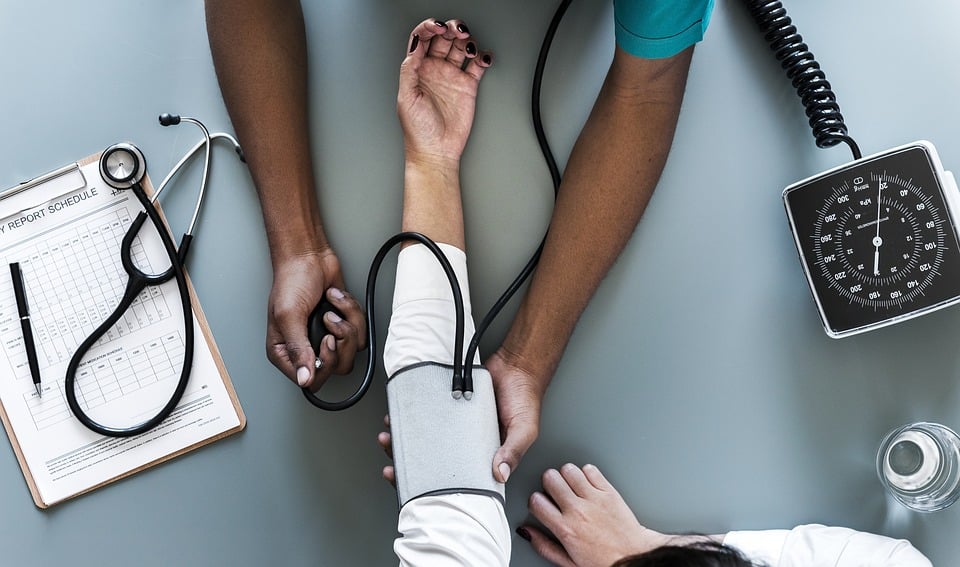April 7 marks World Health Day sponsored by the World Health Organization. The celebration aims to improve the well-being of all people.
Staying healthy is very important during and after a disaster. Many health hazards are present in the wake of a catastrophe, and people should take the necessary steps to stay well during these trying conditions.
If you find yourself in a disaster area, be aware of potential risks. There may be damaged buildings and fallen trees. If you have access to protective clothing, be sure to put it on prior to negotiating a disaster area. Be careful with foods that may have come in contact with floodwater; they could be contaminated. Even if you are certain that the food that you are eating is safe, make sure that your hands are clean before touching it, and don’t set it on any unsanitary surfaces.
Pregnant women and children should stay away from flooded areas until the cleanup is completed. There may be hazardous items with sharp edges, and items may be contaminated with chemicals and germs from the floodwater.
Note that floodwater may have been tainted by the sewage system before reaching your property. It may also carry hazardous materials, including items that contain asbestos and lead. Insulation materials made of fiberglass could irritate the skin and lungs (if inhaled).
After the floodwaters subside, debris from a disaster could build up on your property and become a nesting place for rodents, insects, and snakes. If the debris cannot be disposed of immediately, it should be piled up at a safe distance from the home to minimize risks to home dwellers.
Food and water safety
People should assume that water sources are contaminated after a disaster. Water to be used for drinking and cooking must be purified. Cooking and eating utensils should be washed thoroughly and boiled when necessary.
To sanitize water, boil it for a full minute before putting it in a sanitized container. Water can also be purified by adding 16 drops of liquid chlorine to one gallon of clear water.
Food safety
If food items have come in contact with floodwater, discard them. This applies to canned goods as well. Tainted food containers must be washed with soap and hot water.
Mold
Molds thrive in flooded areas. Mold testing should be conducted in areas that have been waterlogged. If you detect mold, call in the professionals for thorough remediation in order to protect your family’s health.

